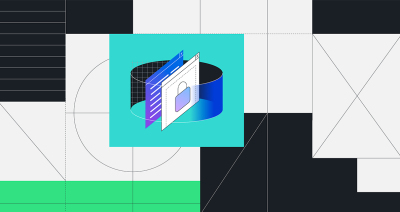
Bridging code and community
Explore the impact of non-code contributions—and why they are often undervalued, the challenges of using open source in regulated environments, and the art of managing projects at the scale of Kubernetes, now on The ReadME Podcast.















